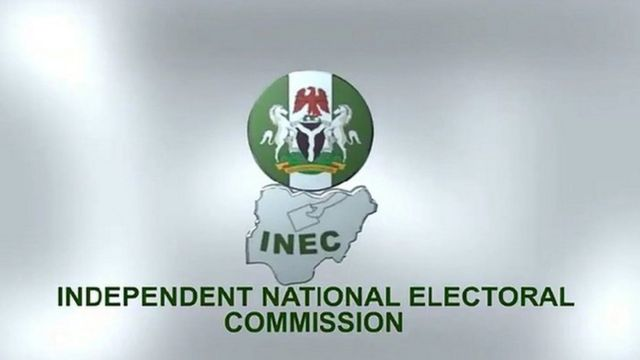By Olu Ibekwe
In a move that has further stoked political tensions
within the Peoples Democratic Party (PDP), the Independent National Electoral
Commission (INEC) has, by a letter dated June 13, 2025, effectively rejected
the notice for the 100th National Executive Committee (NEC) meeting of the PDP
scheduled for June 30. The notice, duly issued by the Acting National Chairman
of the party, was dismissed on the grounds that it lacked the signatures of
both the National Chairman and National Secretary — a decision many now see as
both procedurally contentious and politically suspect.
INEC’s objection, citing
Part II (12)(3) of its 2022 Regulations and Guidelines for Political Parties,
hinges on a technicality: that notices for party conventions or NEC meetings
must be jointly signed by the National Chairman and National Secretary.
However, in the PDP’s current circumstances, the position of National Secretary
has been under internal review following the contentious status of Nnaemeka Anyanwu, whose removal was
endorsed by the Southeast Zonal Executive, the National Working Committee
(NWC), the Board of Trustees (BOT), and the PDP Governors Forum.
Following the May 2025
99th NEC meeting, which Federal Capital Territory Minister Nyesom Wike declared “illegal” due to Anyanwu's exclusion, the party has moved to stabilize its internal
processes. In the interim, the Deputy National Secretary has stepped in as Acting National Secretary, a decision
backed by the party’s hierarchy and reflective of ongoing political
realignment.
Critically, legal
analysts argue that INEC’s rejection of the notice — despite the party meeting
the 21-day statutory requirement under Section 82(1) of the Electoral Act 2022
— could amount to selective enforcement
of the law, especially as similar technical requirements have not been
strictly enforced in the case of the ruling All Progressives Congress (APC). As
one analyst put it, “This looks like a case of the witch crying at night and
the baby dying in the morning.”
Can
an Amended Notice Be Validly Signed Now?
Yes. According to legal
interpretation of both the Electoral Act and INEC Guidelines, if the original
NEC notice was submitted on time — as was the case here — the Acting National Secretary can validly
sign an amended version of that
notice without violating the 21-day requirement, provided the date of the meeting remains unchanged.
Section 82(1) of the
Electoral Act requires a party to give at
least 21 days’ notice for NEC meetings, but it does not demand that
the same notice cannot be amended — especially if the changes are merely formal
(e.g., signature correction) rather than substantive (e.g., new meeting date or
agenda).
Notably, where one
signatory office is vacant or under dispute, and the party’s governing bodies
have duly recognized an acting official, such a signature satisfies the
functional requirement of notification. In this case, the Deputy National
Secretary — acting in good faith and under party mandate — is legally competent
to sign the revised notice.
Furthermore, Nigerian courts have routinely upheld the
legality of internal party decisions taken by acting officers where the
substantive office holder is incapacitated, suspended, or removed —
particularly where party organs have recognized the acting official. In this
case, the Acting Secretary enjoys the backing of the NWC, BOT, and the party's
regional structures.
Therefore, if the only
amendment to the NEC notice is to reflect the signature of the Acting Secretary
— without altering the date, venue, or agenda — then such an update does not
breach either the PDP Constitution or the Electoral Act.
This clarification could open the door for the PDP to resubmit a corrected notice immediately,
thereby preserving its June 30 NEC meeting date and avoiding a broader
institutional crisis. The challenge now shifts from law to logistics — and
perhaps, the deeper politics of intra-party power plays.
As the PDP continues to navigate its internal storms, the broader question remains: Is INEC acting as a neutral regulator or as an inadvertent player in partisan battles? The coming days will determine whether legality prevails or if precedent is allowed to drift in favour of selective enforcement.



















No comments:
Post a Comment
Disclaimer: Comment expressed do not reflect the opinion of African Parliamentary News